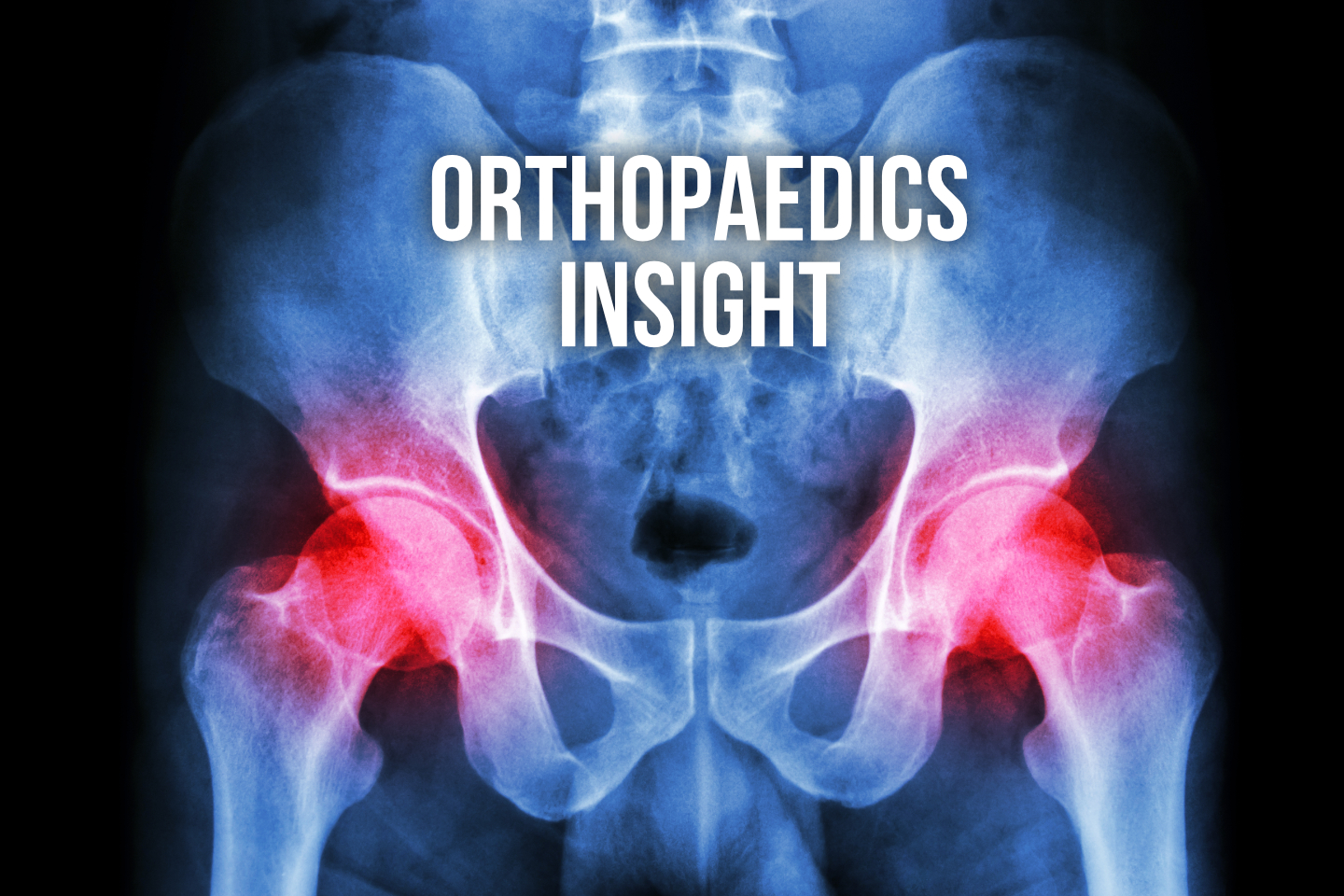Diabetes is quite a common chronic disease that has not only become one of the most important chapters in the books of medicine but has also earned the ‘here to stay’ status with its widespread prevalence across the globe which in turn has ignited endless curiosity in the minds of clinicians.

In this editorial, we will briefly touch upon insights for Diabetology as an overall specialty with data from a 6-month period between July to December 2020 on the MedSynapse platform considering both geographies – Middle East and South East Asia.
Diabetology Content Publication and HCP Discussion Patterns
With over 150 content pieces published in Diabetology, HCPs have predominantly engaged on the topics of CV risk with Diabetes (17%), GLP-1 receptor agonists or incretin mimetics (14%), Insulin Intensification (13%), and SGLT2 Inhibitors (8%) [Figure 1]. These 150 contents resulted in 713 discussions on the platform revolving mainly around the subjects of clinical trials (23%), patient selection (19%), dosage (11%), and treatment guidelines (9%) [Figure 2].

Top 5 topics contribute to over 60% of the Diabetology content published

Keywords in Diabetology and Online HCP Search Behavior
The top keywords specifically for diabetes therapy and management include the following [Figure 3].
Top Keyword Searches:
- Cardiovascular (CV) Risk
- Biosimilar Insulin
- Family History
- Self-Management
- Fasting Blood Glucose (FBG)
Other Recurring Keywords: Chronic Kidney Disease (CKD), Obesity, Glycaemic Variability, lipid profile, uric acid, quality of life, juvenile diabetes, BMI, patient education, prevalence, OUTCOME Trail, natriuresis, telemedicine, COVID-19 complications, etc.

The ongoing global pandemic has led to a major change in HCP’s overall search behavior which has been extensively focused on the correlation of COVID-19 and its effect on diabetes. HCPs are consuming content that includes the keyword immunosuppression present in the content matter. Contents which are focusing on virtual patient consultations and planning elective procedures and self-management guidelines, or patient education journeys have gained a lot of traction. Recent research findings hinting at the association of abnormally high blood sugar with a higher risk of mortality in COVID-19 patients not previously diagnosed with diabetes would only fuel search patterns in this direction. Hence, being cognizant of the context becomes imperative while distilling out findings and sifting through outliers.
Diabetes Content: Publications, Discussions & Trends
Analysing monthly and seasonal trends have shown good engagement of the HCPs throughout 6 months (July – December 2020) with the highest in the given period in September (World Heart Day) and November (World Diabetes Awareness Day) [Figure 4]. Also, HCPs are actively participating in therapy learning by engaging in cross-specialty discussions and overlapping topics in diabetes-associated co-morbidities. HCP-generated content has accounted for 71% of total diabetes therapy and management-related publications [Figure 5].

An average of 4 content per month has been published between July to December 2020

Over 70% of total content has been published by HCPs themselves.
Diabetes Content: Sentiment Analysis
The majority of Diabetologists have a positive outlook about the diverse facets of practice management which includes [Figure 6].

- CV Risk Management
- Rapid-acting insulin for intensification therapy
- Patient compliance – Insulin Pen
- REWIND Study – Dulaglutide and cardiovascular outcomes in type 2 diabetes
- Safety & Efficacy – Basal bolus & Premixed Insulin
Nevertheless, HCPs have expressed quite a few concerns and challenges as well regarding the treatment of diabetes. The negative sentiment is primarily regarding the following [Figure 6].
- Diabetic foot ulcer
- OAD polytherapy switch to Insulin
- Gestational DM & Intensification therapy
- Lipid profile & uncontrolled DM
Diabetes Content: Going above and beyond
Diabetologists have actively engaged in multidisciplinary discussions about co-morbid case management algorithms and therapy shaping practices along with associated specialties thereby creating a plexus of knowledge focusing on effective practice management regarding the following [Figure 7].

The ‘learning through life’ journey of a Diabetologist is often filled with curious twists and turns to keep updating the current knowledge and management of this ever-growing condition. As we inch closer towards perfection in diabetes management, continuous therapy education upgrades is as important as continuous glucose monitoring!
Note: Details provided in this article refer to only a basic level analysis to provide a glimpse of MedSynapse capabilities, solutions, and offerings. For more in-depth insights relevant to your molecule/brand/therapy area, please reach out to our team with your business requirements.











